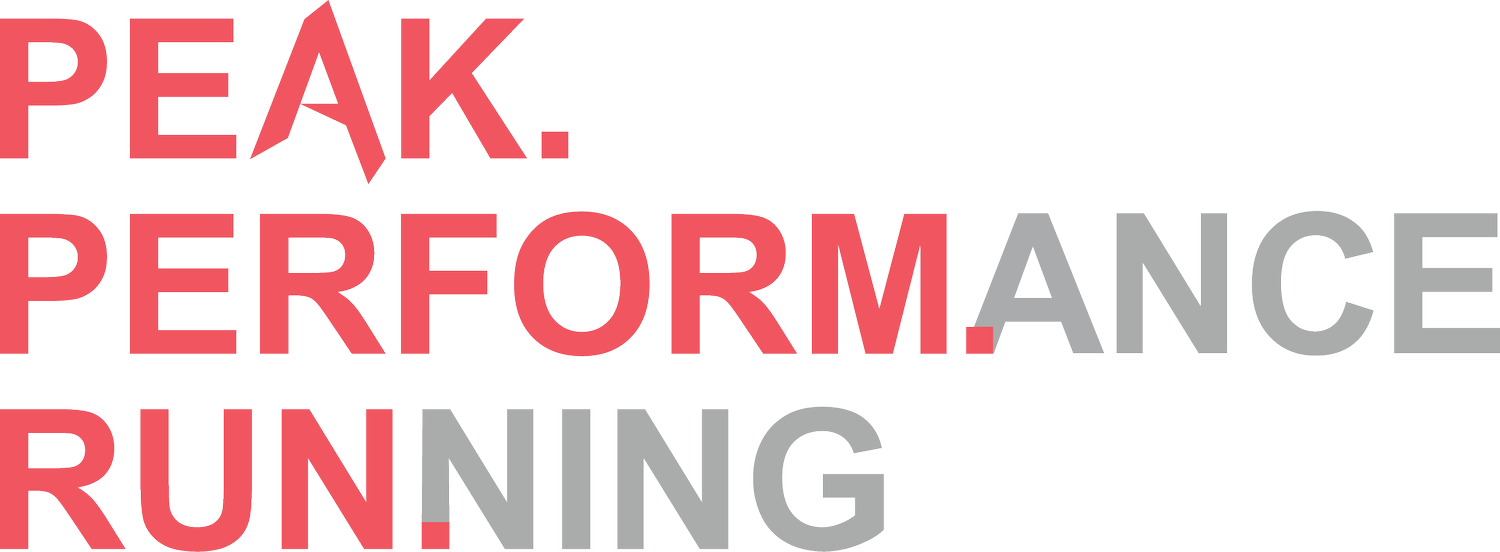S3|E8 - The hardest conversation
The Toughest Words
The toughest words to say are often “I’m sorry” or a blended and hopefully non-sarcastic, “I’m sorry I made you feel that way”. This is what my early high school and college years taught me how to say. Whether it was friends, teammates, or partners over the years - learning to recognize a mistake that you’ve made and owning it is tough. I learned quickly that if I took ownership and I did it quickly when I felt it - I felt uncomfortable for a far shorter time. When we let fear of confrontation enter the picture, the process of healing is delayed and in it that space grows resentment, frustration, and anger.
Team Dynamics
This frustration, anger and resentment can grow on a team where everyone is focused on themselves but isn’t driving towards a team goal. The team goal doesn’t have to be a state title or even a meet win - it can simply be about improving day to day, and meeting a team standard. When we are striving for greatness and our teammates aren’t meeting the standard you can find yourself in a frustrating position. You believe that you have no authority and bringing it up to them is only going to create more conflict and make the situation more uncomfortable or even worse.
So what do we do? We shove it down and we turn it into resentment, anger, and eventually lash out. When we do finally let it go - we don’t go ready, aim, fire - we often go ready, fire, aim and hit a few bystanders with our words and anger. When your teammates aren’t hitting your personal standard or the team standard - there is often a lack of respect and no place for vulnerability. When you have trust - you can have an amazing team dynamic.
We know great teams have 5 things:
- A place to take risks and be vulnerable
- Your teammates are reliable, dependable, and meet the standard (team + personal)
- Clear Goals + Plans for the day and the season (communication!)
- The work is important to everyone
- The feels that the work and effort they put in will have an impact
Building Trust
“Trust is earned” and more broadly - “trust is earned through action and setting boundaries”. I see athletes struggle in holding people accountable because they fear conflict and judgment. We feel that because we are wired to predict and we don’t know how someone else will react. We have to remember that we are only responsible for how people will receive information, not how they will respond to it. When you hold people accountable to a standard, you’re not being mean - you’re setting a boundary and saying that this is what you expect from the people you want in your world. This can feel weird at first but when you do have a tough conversation and gain respect and continue to see your boundary respected - you create a place of trust and comfort in both yourself and your teammates.
This weeks download is all about understanding what you value so you can come to the conversation with a rock solid understanding of what is important to you!

